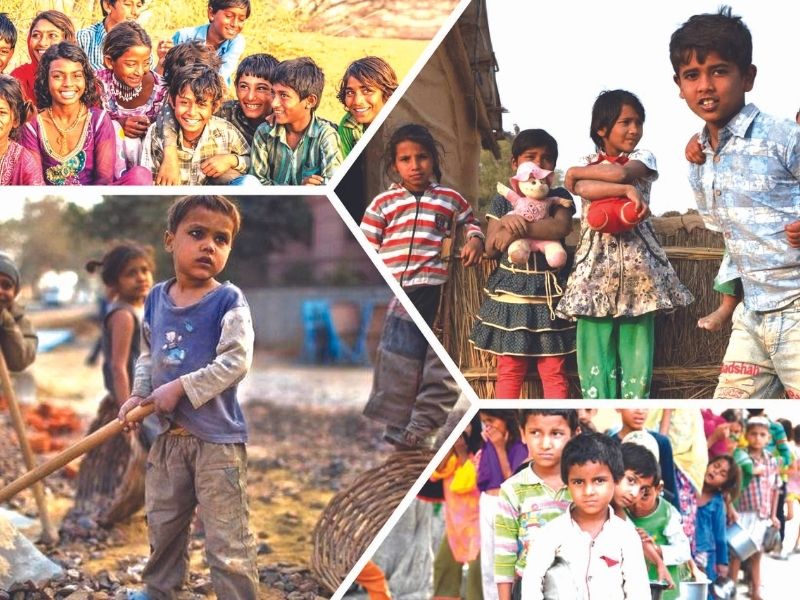ActionAid and Slum Mahila Sanghatene, two NGOs working with the underprivileged, have urged the education department to conduct a survey to determine the actual number of children out of school.
The two organizations released a report on the impact of COVID-19 on children’s education in Bengaluru. The report makes several other recommendations.
The study found that during the pandemic, most children from underprivileged sections had dropped out of school either to work as daily wage labourers.
Both the organizations compiled 64 case studies from 5 districts of the state and some of the families had the opportunity to make their case at a public hearing. Fourteen aggrieved children and their distressed families shared several concerns and challenges in accessing education during and post the pandemic. They expressed that although schools attempted hybrid teaching-learning, online education was not effective. Access to devices and connectivity was very poor. Even students who could connect were unable to learn online.
“The nearly two-year long closure had an impact on children’s mental health, without any learning or other engagements. They are also likely to be sharing the overall stress of the family during these traumatic times. While Covid displaced several families, children’s education continued to suffer, they highlight. “Many families who have migrated from other states (Tamil Nadu, Andhra Pradesh, Telangana) face the serious problem of not being able to switch to a government school as their children are not familiar with the Kannada medium. Government schools do not teach in English medium, so students enrolled in private schools in English medium find it difficult to transition from private to government schools. This becomes more difficult in older age groups (starting with middle school),” says a media statement.
The NGOs have said there is dire need for the state government to drastically increase budgetary allocations to all the departments dealing with children – primary and secondary education, women and child welfare, higher education, social welfare, and tribal welfare and present a ‘Child budget’. They also urged the government to conduct statewide public hearings, the reports of which must be collated and shared widely. A special legislature session must be conducted to discuss the issues that have arisen and discuss remedial measures.
Also read: 117 million students worldwide still out of school: UNESCO
